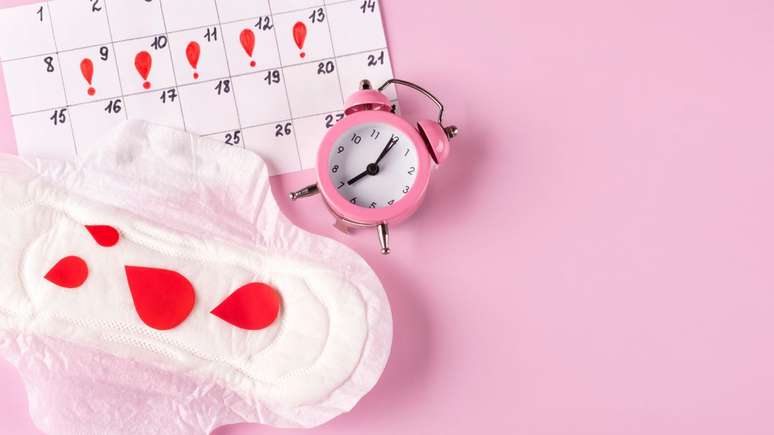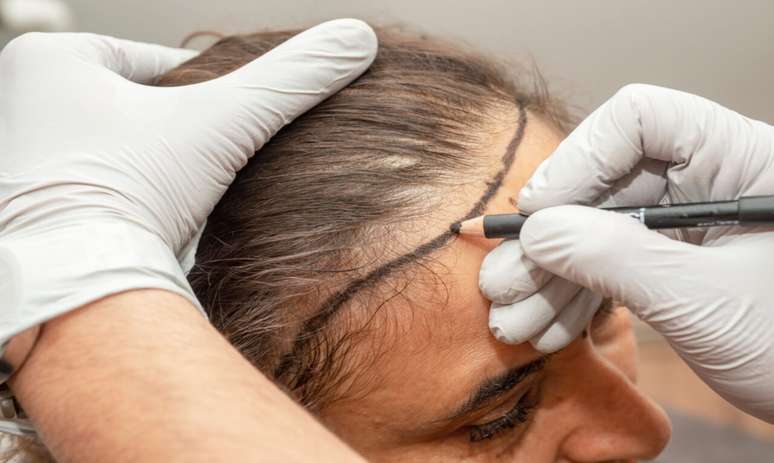Heavy menstrual flow can occur for several reasons; Find out which ones are most common and how to treat them
Having your period is not an identical experience for everyone who has a uterus. Some practically do not experience colic, while others do; some experience PMS symptoms more than others; and some have a heavier flow during menstruation than others.
While these differences are natural, there are some that should be of concern. And excessively intense flows are an example of this. To be considered as such you must use 16 or more tampons during your cycle.
If this is your case, you need to see a doctor, as it could be abnormal uterine bleeding (AUB), a condition that can lead to several problems.
“Many consequences and complications can arise from a very heavy and long menstrual flow, such as anemia, loss of nutrients with excessive bleeding, discomfort and pain, as well as being a warning for future complications such as uterine fibroids, polyps, clotting disorders or hormonal problems “, warns gynecologist Viviane Monteiro
According to a study presented by the chemical and pharmaceutical company Bayer to the National Health Agency, one in ten women suffers from AUS, but more than half of them are unaware of it, which makes adequate treatment difficult.
Treatment
First of all, it is important to underline that women who have a very heavy menstrual flow should contact a gynecologist as soon as possible since, depending on the case, this could also compromise their quality of life.
The only treatment available for SUA in the Supplementary Health System is invasive. This is a hysterectomy, which involves the removal of the uterus, which can affect the ovaries and tubes, depending on the severity. However, health experts point out that choosing a contraceptive method can also help a lot.
The hormonal intrauterine device (IUD), for example, is very useful in helping to combat excessive bleeding. “The IUD is a treatment option that can be effective in controlling excessive menstrual bleeding, as well as not being as invasive as surgery. The IUD can reduce flow by up to 98%. The hormones in the IUD work directly in the ‘uterus, thinning the lining, which reduces flow and also cramps,’ Dr. Viviane points out.
Source: Health in the day
Source: Terra
Ben Stock is a lifestyle journalist and author at Gossipify. He writes about topics such as health, wellness, travel, food and home decor. He provides practical advice and inspiration to improve well-being, keeps readers up to date with latest lifestyle news and trends, known for his engaging writing style, in-depth analysis and unique perspectives.





![Such a wonderful sun in advance: On October 6, 2025 on Monday, Monday, summarizing the episode [SPOILERS] Such a wonderful sun in advance: On October 6, 2025 on Monday, Monday, summarizing the episode [SPOILERS]](https://fr.web.img6.acsta.net/img/46/f8/46f8a61606c8d9d5eef95d1a4100905d.jpg)



